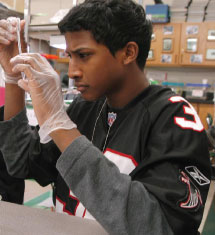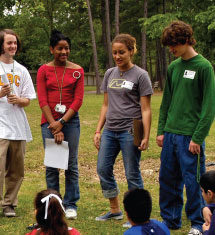The Training Wheels Are Off
Nancy Faust Sizer–author, educator, CES Executive Board Member, and wife and partner of CES founder Ted Sizer–concluded Fall Forum 2016 wi ...
Common Principles for Uncommon Schools



Nancy Faust Sizer–author, educator, CES Executive Board Member, and wife and partner of CES founder Ted Sizer–concluded Fall Forum 2016 wi ...
Dave Lehman, who was for many years the principal of Alternative Community School in Ithaca, New York (renamed Lehman Alternative Community School in ...
We were able to capture and share a few of the millions of words that were exchanged among us at Fall Forum–far too few, but still, quite wonder ...
A CES Big Idea (with video!) by Linda Nathan This is my Coalition of Essential Schools (CES) story. In 1984, I drove to Providence with Abbie Schirmer ...
When it was founded, the Coalition of Essential Schools was founded on nine Common Principles developed by Theodore R. Sizer as an extension of the re ...
We’ve posted a version of the Common Principles in Spanish for those school communities that would find this useful for communicating with Spani ...
The CES School Benchmarks are an assessment tool designed to address the challenge of helping schools translate the Coalition’s guiding tenets, the Co ...


